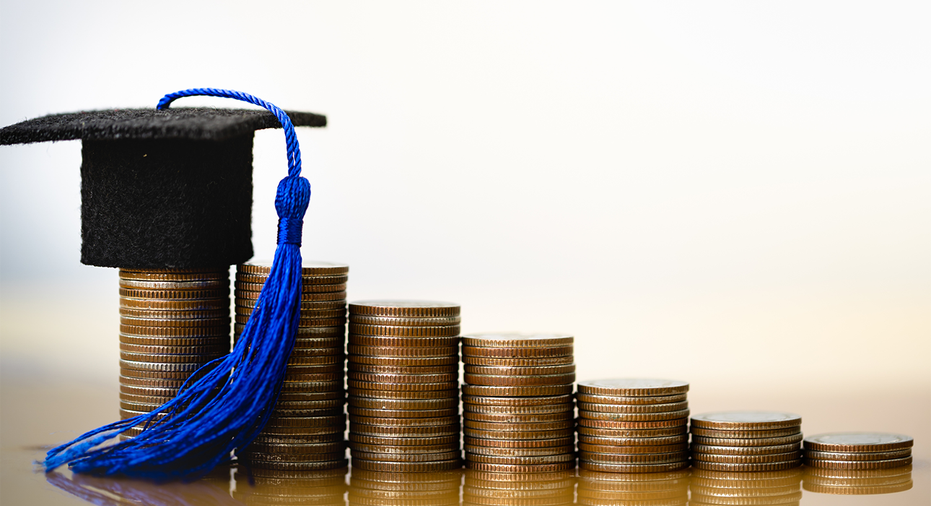The best way to eliminate college debt is to pay down your student loan debt, unless you are eligible for student loan forgiveness. Chapter 7 bankruptcy or foreclosure will not help you eliminate college debt.
Your best option may be to intentionally default on your student loan debt in order to settle for a lower amount than what you owe. A debt settlement company can assist with this process, just as they can with other types of debt.
The practice of strategic default is not recommended when it comes to Private student loan settlement. Find out why.
A Default Isn’t Going To Help In The Long Run
When you fail to make your student loan payments, a collection agency takes over the account. There are three types of settlements available to collection agencies without prior Education Department approval:
- Collection fees are not charged
- In light of your default, you will forfeit half of the accrued interest
- Your balance will be reduced 10%
Keeping up with your loan obligations is not more cost-effective than these options. The interest and principal on defaulted student loans can be charged up to 25% in collection charges.
Therefore, even though you may save 10% on principal and interest, collection charges can offset your savings.
Students who have been in default for more than a decade are most likely to benefit from a student loan settlement, as the settlement will discount accumulated interest. It is nevertheless the policy of the United States Educational Department that a defaulted loan will never be accepted for anything less than its original balance.
If borrowers are currently paying back student loans, defaulting will not save them money.
You can also ruin your credit if the collection agency reports your past-due account to the three major credit bureaus if you default on your student loans. We hope that you will not need to borrow money again in the near future since the interest rate will likely increase. If your credit score is poor, you may not be eligible to receive a loan.
The greater your financial losses, the more likely you are to default on your student loans.
Student Loan Default Is The Most Effective Way To Avoid Repayment

There are some better options to consider below if you are having trouble making your current monthly payments.
Forgiveness Or Assistance In Repaying Student Loans
A few employers and government agencies, as well as state and local governments, may be able to assist you with paying off your student loans. If you get help paying down your debt or outright forgiveness, you may be able to get rid of a large amount of debt in a short period of time.
When Repaying A Loan, Income Is Taken Into Consideration
You can reduce your monthly payments with an income-driven repayment plan from the U.S. Department of Education. According to your income, family size, and state of residence, a percentage of your discretionary income will be paid.
A payment plan based on income will result in a longer repayment period, allowing you to forgive the balance after 20 or 25 years.
Refinancing Student Loans Is An Option For Students
If you have excellent credit and a steady income, refinancing your student loans can save you money because it can lower both your payments and interest rates.
Private lenders may not offer forgiveness or income-driven repayment programs if you switch from government to private loans.
Refinancing with lenders who charge variable interest rates may result in higher costs over time. A fixed rate mortgage might be an option for you if you’re thinking about refinancing.
